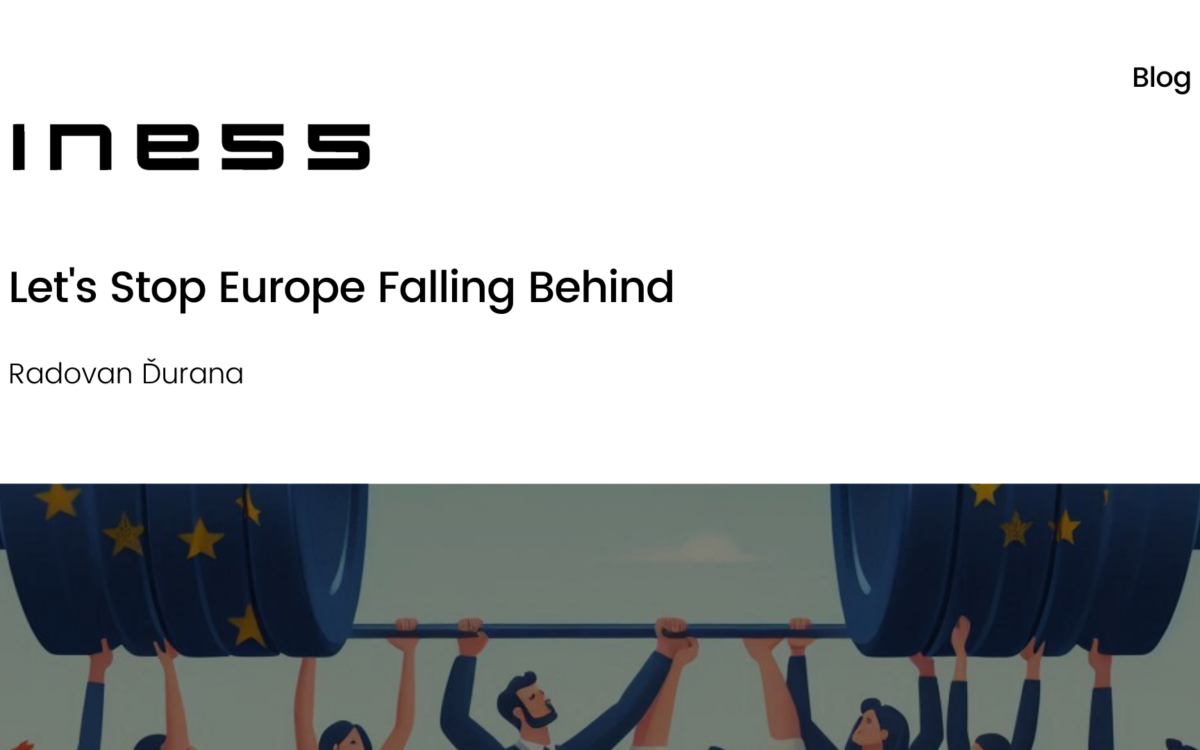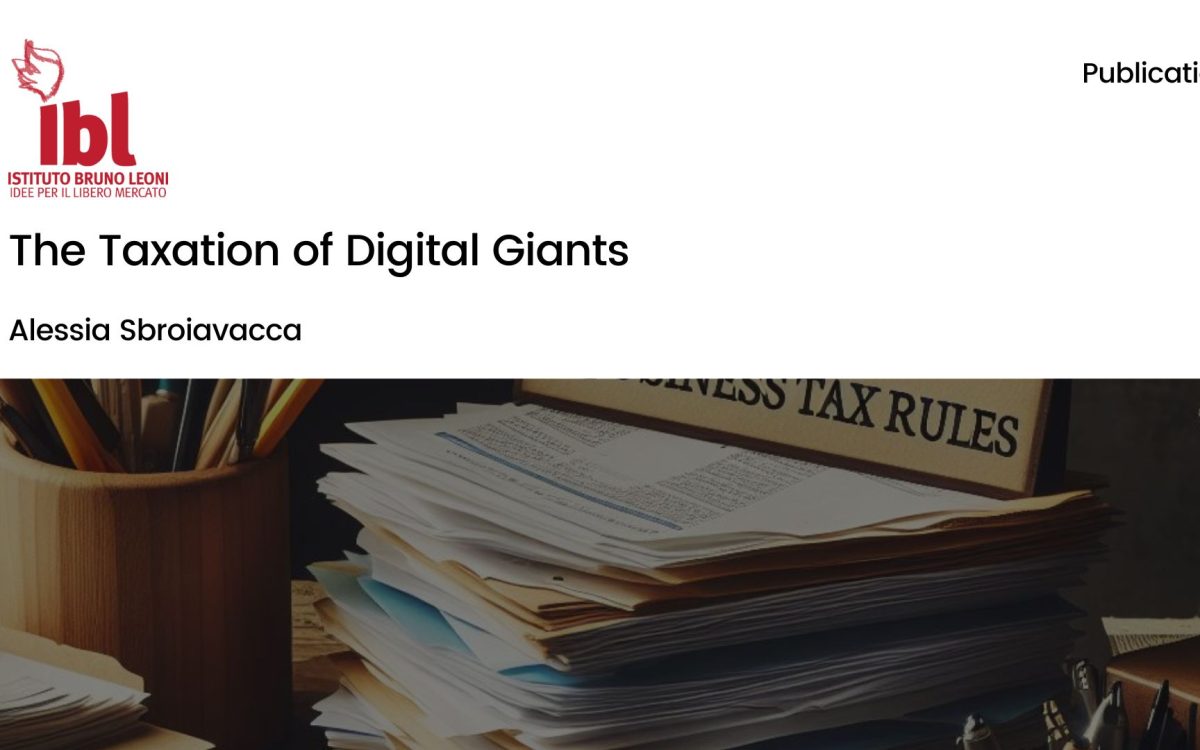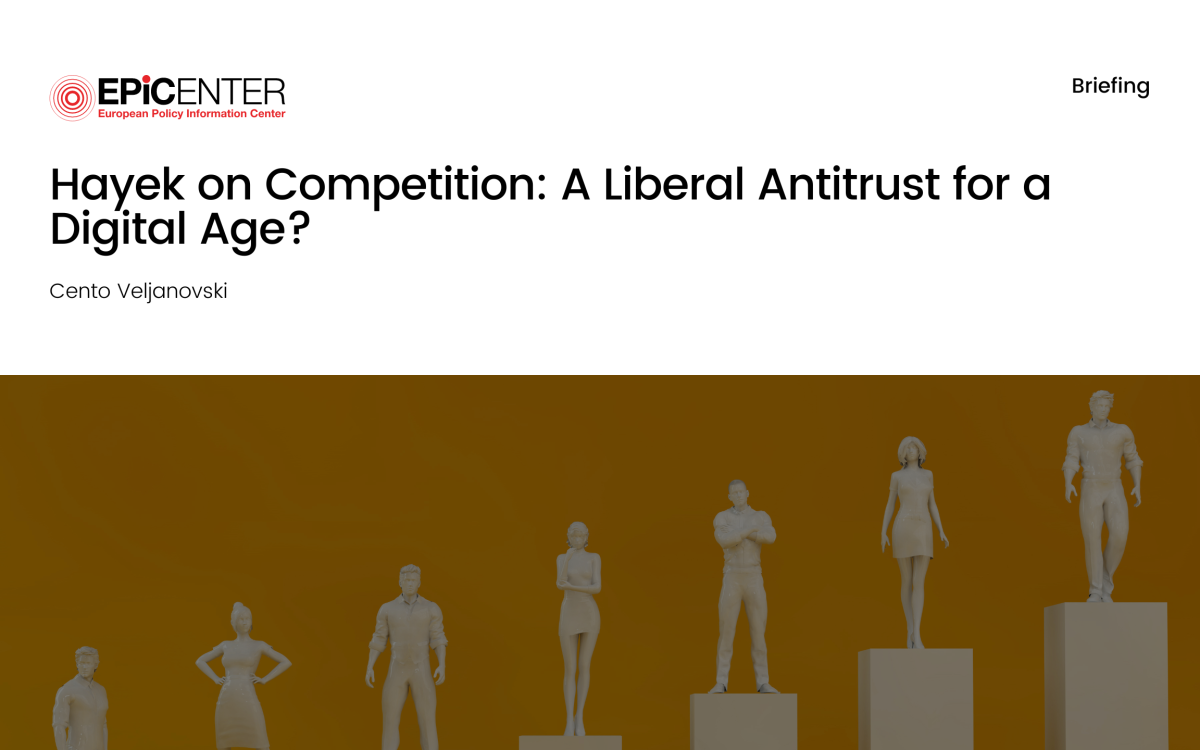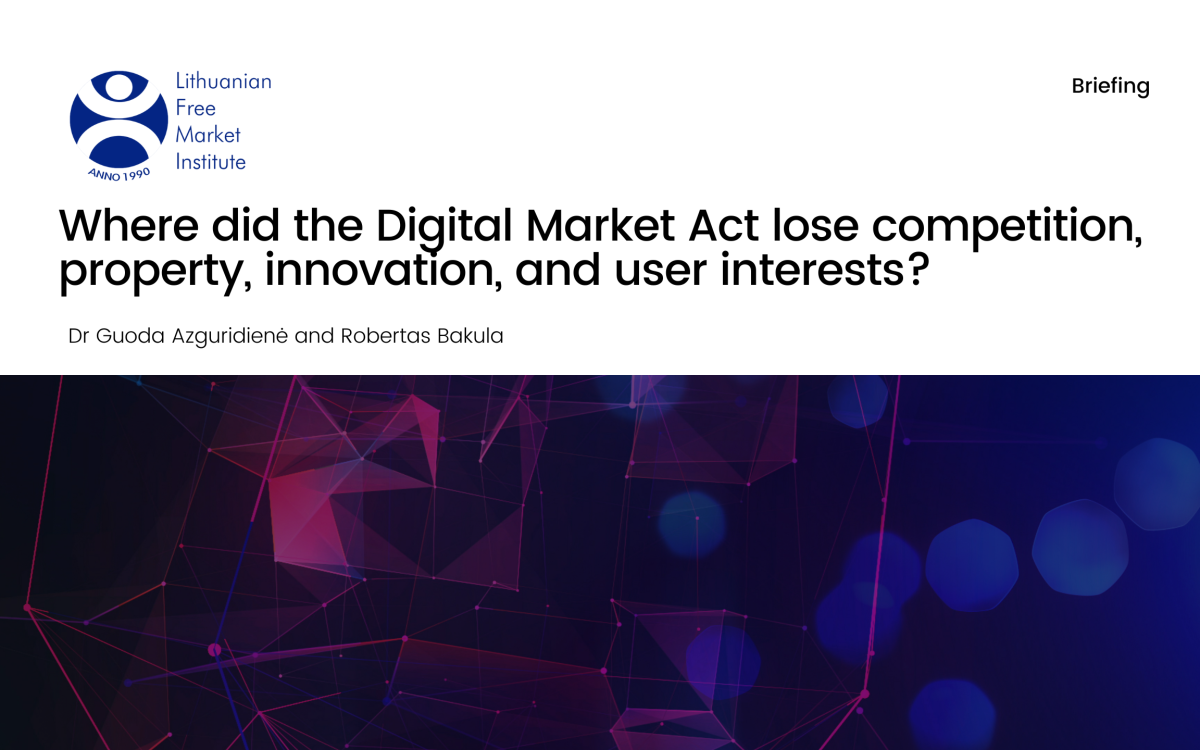June 28, 2024
The European Commission has made the first move in the great game of digital regulation. To demonstrate that its newly established Digital Markets Act (DMA) serves a purpose, the European Commission had to sanction violators. And naturally, it decided to go after the biggest player of them all – Apple.








